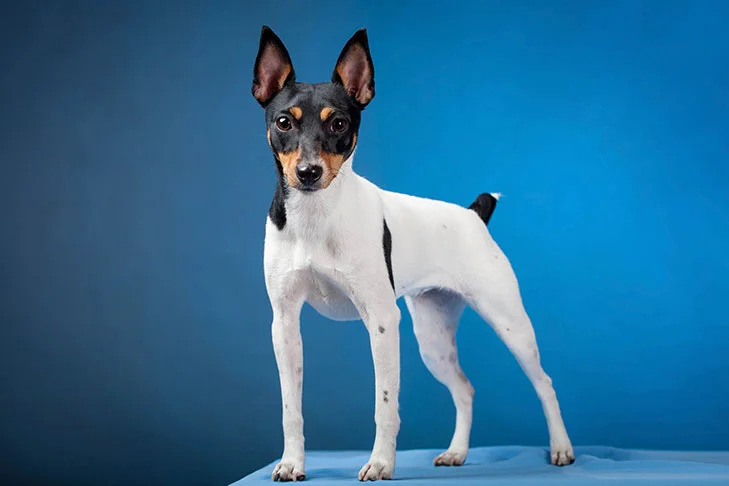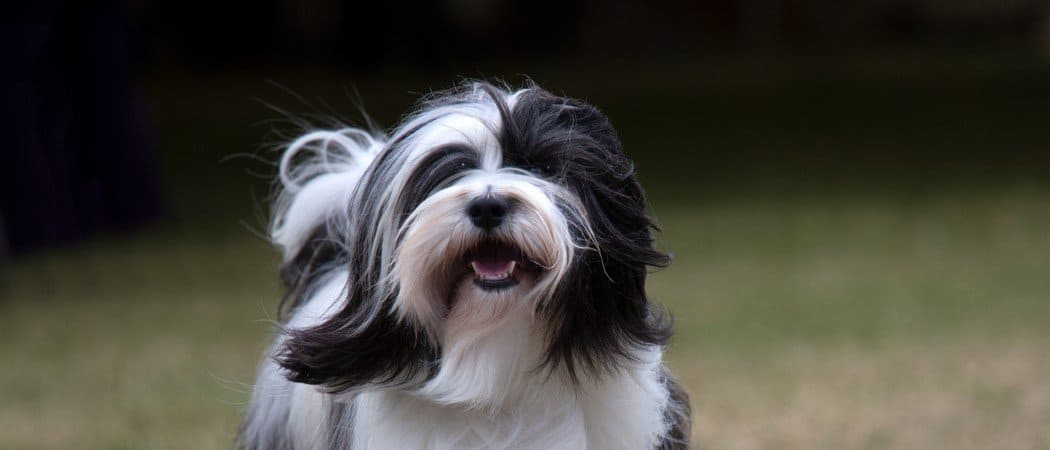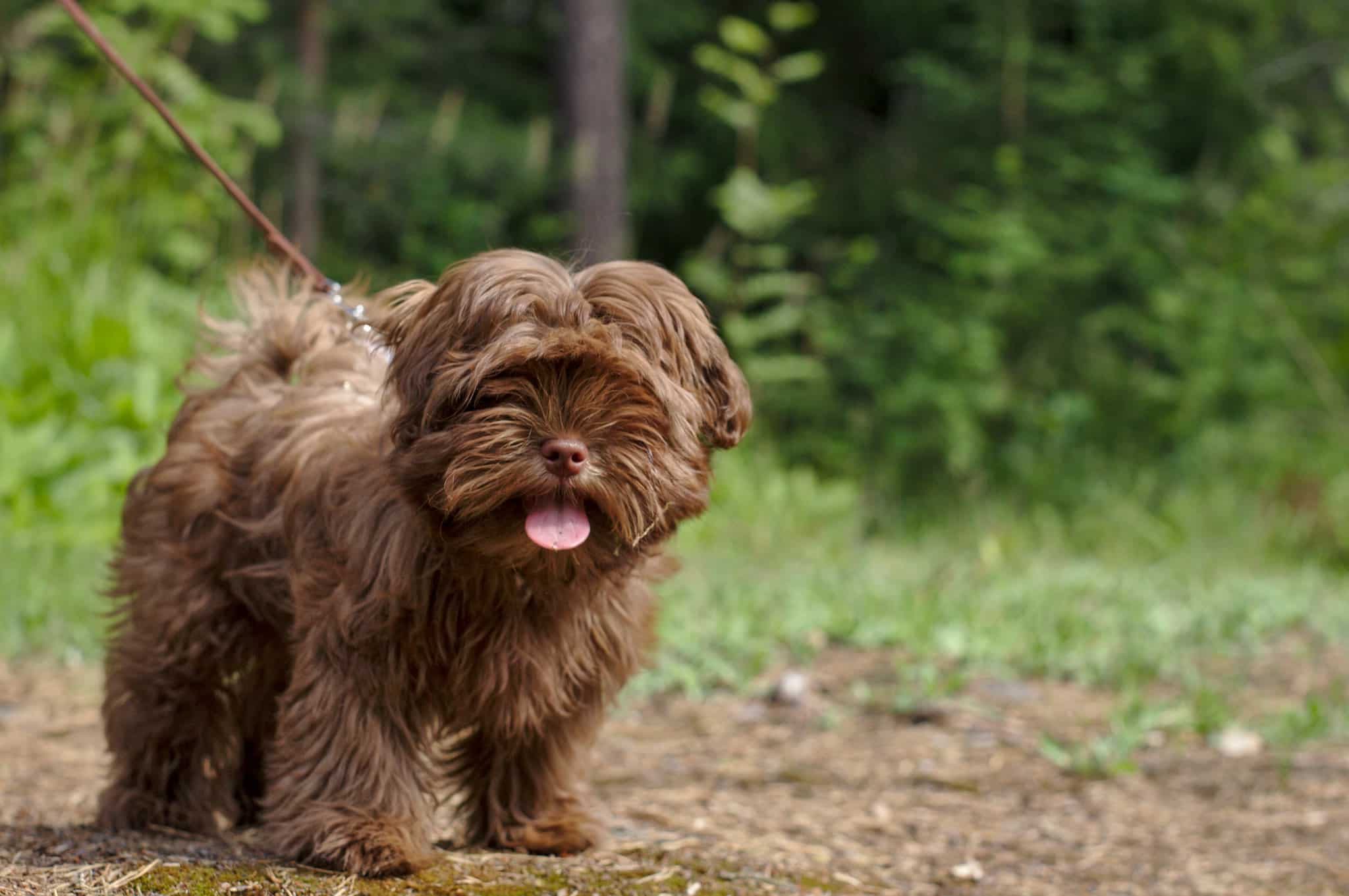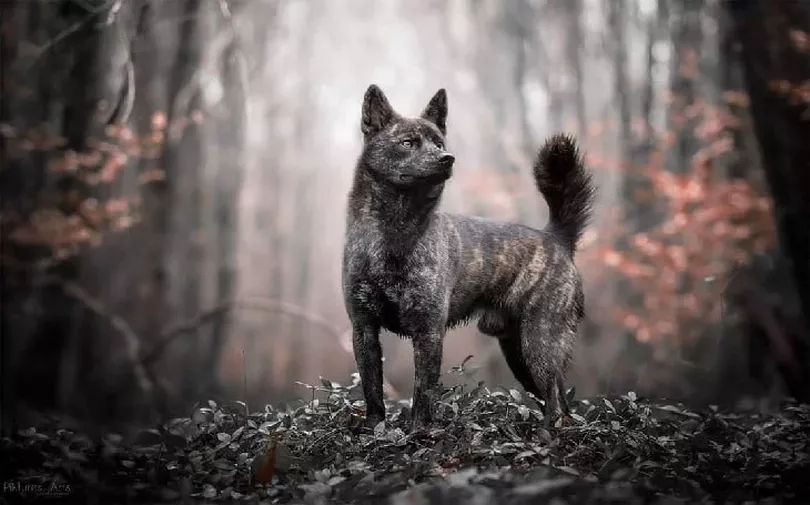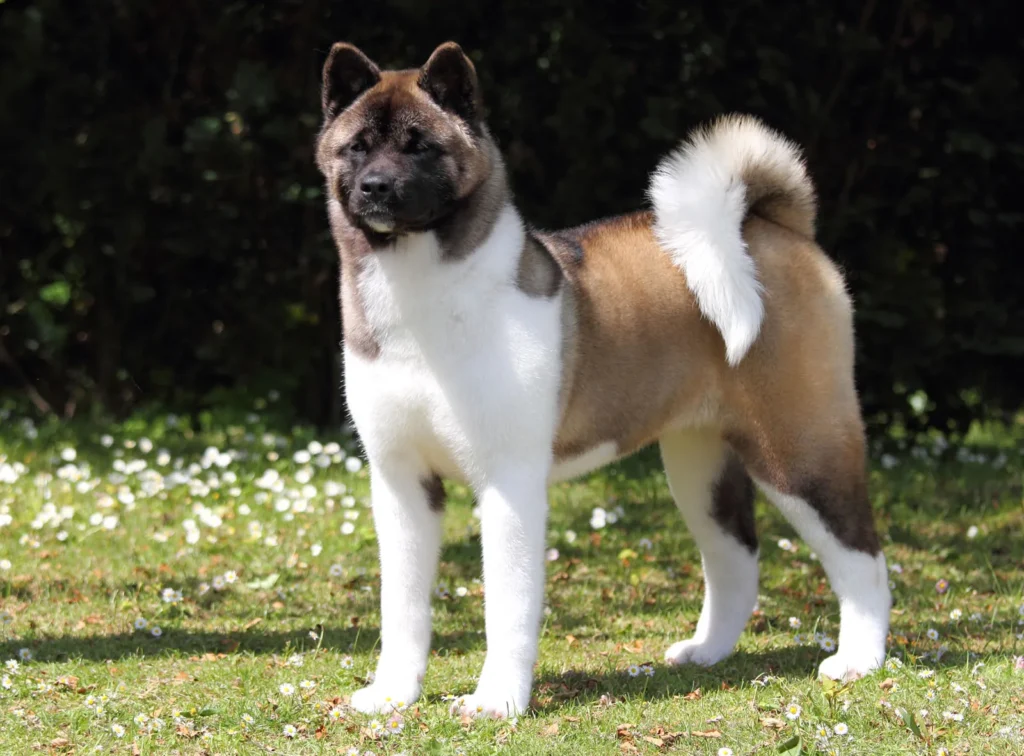
Akita Introduction
The Akita is a large, powerful breed of dog originating from the Akita prefecture in Japan. Known for their loyalty and courage, Akitas were originally bred for hunting and guarding, and have since become popular as family pets. They have a distinctive appearance with a broad head, small ears, and a thick, fluffy coat that comes in a range of colors. Akitas are intelligent and independent dogs that require firm but gentle training and socialization to thrive. Due to their size and strength, they are best suited for experienced dog owners who can provide them with plenty of exercise, mental stimulation, and a strong, consistent leadership.
Akita Temperament
Personality traits of the Akita breed
Akitas are known for their strong and loyal personalities. They are independent, intelligent, and have a natural guarding instinct. Akitas are typically calm and composed, but can become fiercely protective of their families when necessary. They are also known for being affectionate with their loved ones, but can be aloof with strangers. Akitas require early socialization and training to help them develop into well-adjusted adult dogs. They thrive on exercise, mental stimulation, and positive reinforcement-based training methods. Overall, Akitas are a unique and fascinating breed with a distinctive personality that requires an experienced and dedicated owner to help them reach their full potential.
Is Akita a good family dog
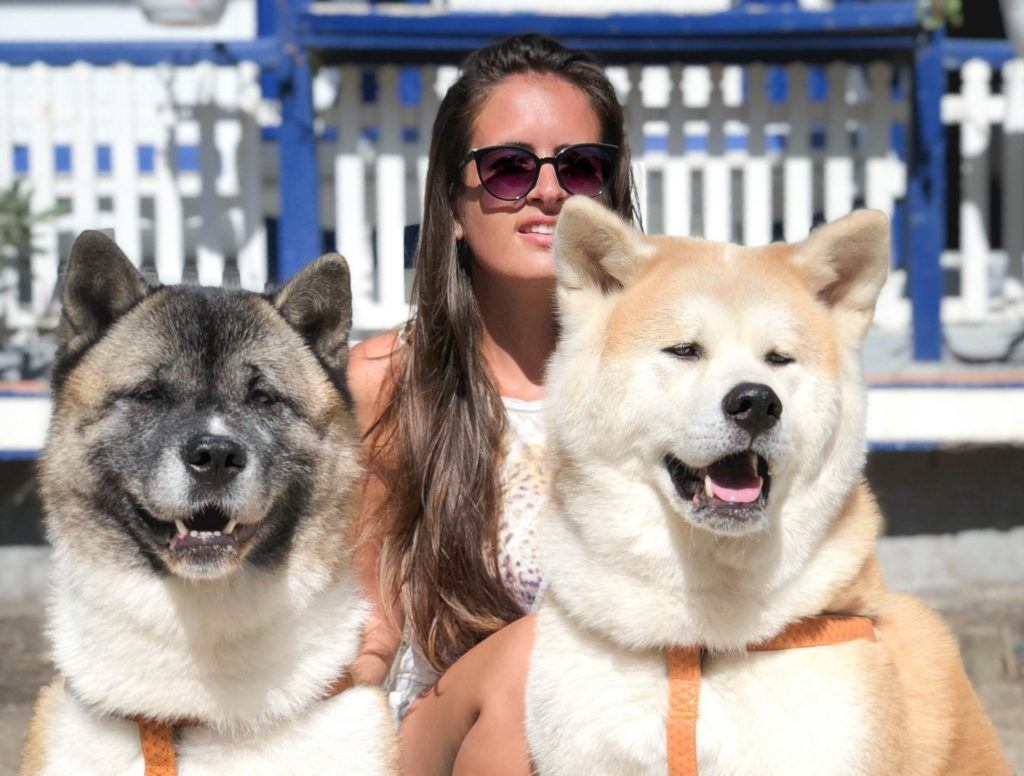
Akitas can make good family dogs for the right families. They are loyal and protective of their loved ones, and can be affectionate and playful with children. However, Akitas are also independent and can be strong-willed, requiring experienced and confident owners who can provide them with firm but gentle training and socialization.
Aggression in Akita
Explanation of aggressive behavior in Akita
Akitas can show aggressive behavior if they are not properly trained, socialized, and managed. Due to their guarding instinct, they may perceive unfamiliar people or animals as a potential threat and become defensive. Akitas may also become possessive of their food, toys, or territory, leading to aggressive displays. It’s essential to establish clear boundaries and provide consistent and positive training to prevent such behaviors.
Do Akita dogs bark
Akitas are known to bark, although their barking tendency may vary from dog to dog. Akitas are protective and alert by nature, so they may bark to alert their owners of potential threats or to ward off intruders. However, excessive barking can become a problem and may require training and management. Akitas are intelligent dogs and can be trained to reduce excessive barking through positive reinforcement-based training methods. Additionally, providing them with enough physical and mental stimulation can help reduce boredom and prevent unnecessary barking. Overall, while Akitas do bark, with proper training and management, their barking can be controlled to ensure a peaceful living environment.
Health and Lifespan of Akita
The reported lifespan range of Akitas is typically 10 to 13 years. However, individual factors such as genetics, diet, exercise, and overall health can impact an Akita’s lifespan. Proper care and attention, including regular vet check-ups, a healthy diet, exercise, and good hygiene, can help ensure that Akitas live long, healthy lives. It’s also important to note that Akitas are prone to certain health issues such as hip dysplasia, thyroid problems, and autoimmune disorders, so regular vet visits and preventative care can help mitigate these risks. By providing proper care and attention, owners can help their Akitas live a long and healthy life.
Food for Akita
The best food for an Akita will depend on several factors, including the dog’s age, weight, activity level, and any dietary restrictions or health concerns. In general, high-quality, protein-rich dog food with balanced nutrition and limited fillers is recommended for Akitas. Some Akitas may benefit from a diet that is higher in fat and protein due to their active lifestyle and large size.
Conclusion
The Akita is a powerful and loyal breed of dog that can make a great companion for the right owner. Akitas are known for their protective and affectionate personalities, but they also require proper training and socialization to thrive in a family setting. Early socialization and positive reinforcement-based training are crucial to prevent aggression and unwanted behavior. Akitas are generally healthy dogs, but they can be prone to certain health issues, so regular vet visits and preventative care are recommended. A high-quality, protein-rich diet is essential to ensure optimal health and wellbeing. With proper care and attention, an Akita can live a long and happy life as a loyal and devoted member of your family.
